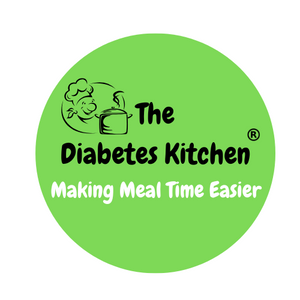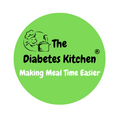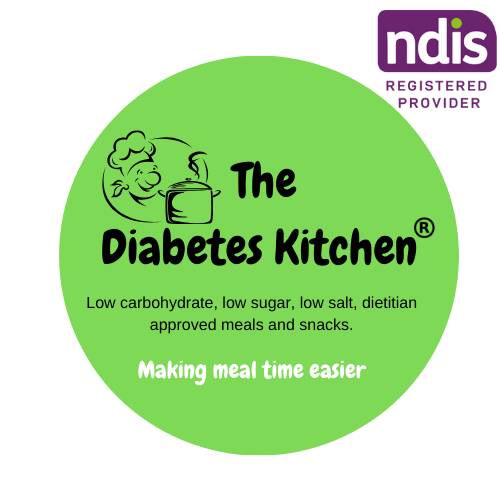We know that the key to eating well is to enjoy food from each of the five food groups every day - here are the five food groups.
- Vegetables and legumes/beans
- Fruit
- Grain (cereal) foods, mostly wholegrain and/or high cereal fibre varieties
- Lean meats and poultry, fish, eggs, tofu, nuts and seeds and legumes/beans
- Milk, yoghurt cheese and/or alternatives, mostly reduced fat
The five food groups are categories of foods that provide essential nutrients and are important for maintaining a balanced and healthy diet. These groups represent different types of foods that contribute a variety of nutrients to support overall health and well-being. The five food groups are typically used as a framework for creating well-rounded meals and ensuring that you're getting a diverse range of nutrients in your diet. Here are the five food groups:
-
Vegetables: Vegetables are rich in vitamins, minerals, dietary fiber, and antioxidants. They are low in calories and provide essential nutrients to support various bodily functions. This group includes a wide variety of options, such as leafy greens, colorful vegetables, cruciferous vegetables, and root vegetables.
-
Fruits: Fruits are excellent sources of vitamins, minerals, fiber, and natural sugars. They provide a wide range of flavors and textures, making them a tasty addition to your diet. Examples of fruits include berries, citrus fruits, apples, bananas, and tropical fruits.
-
Grains: Grains provide carbohydrates, which are the body's primary source of energy. Whole grains are particularly beneficial as they contain fiber, vitamins, and minerals. This group includes foods like whole wheat, brown rice, quinoa, oats, and whole grain bread.
-
Protein Foods: Protein is essential for building and repairing tissues, as well as for maintaining a strong immune system. Protein foods can come from both animal and plant sources. Examples include lean meats, poultry, fish, eggs, tofu, beans, lentils, and nuts.
-
Dairy or Dairy Alternatives: Dairy products and dairy alternatives are rich in calcium, vitamin D, and other nutrients important for bone health. Dairy alternatives are often chosen by individuals who are lactose intolerant or following a vegan diet. This group includes milk, yogurt, cheese, and fortified plant-based milk alternatives.
It's important to create meals that incorporate a variety of foods from each of these food groups to ensure that you're receiving a balanced intake of nutrients. A well-rounded diet that includes a diversity of fruits, vegetables, whole grains, protein sources, and dairy or alternatives can help support overall health and meet nutritional needs. However, individual dietary requirements may vary based on factors like age, health conditions, and lifestyle preferences. Consulting with a registered dietitian can help tailor your diet to your specific needs and goals.





